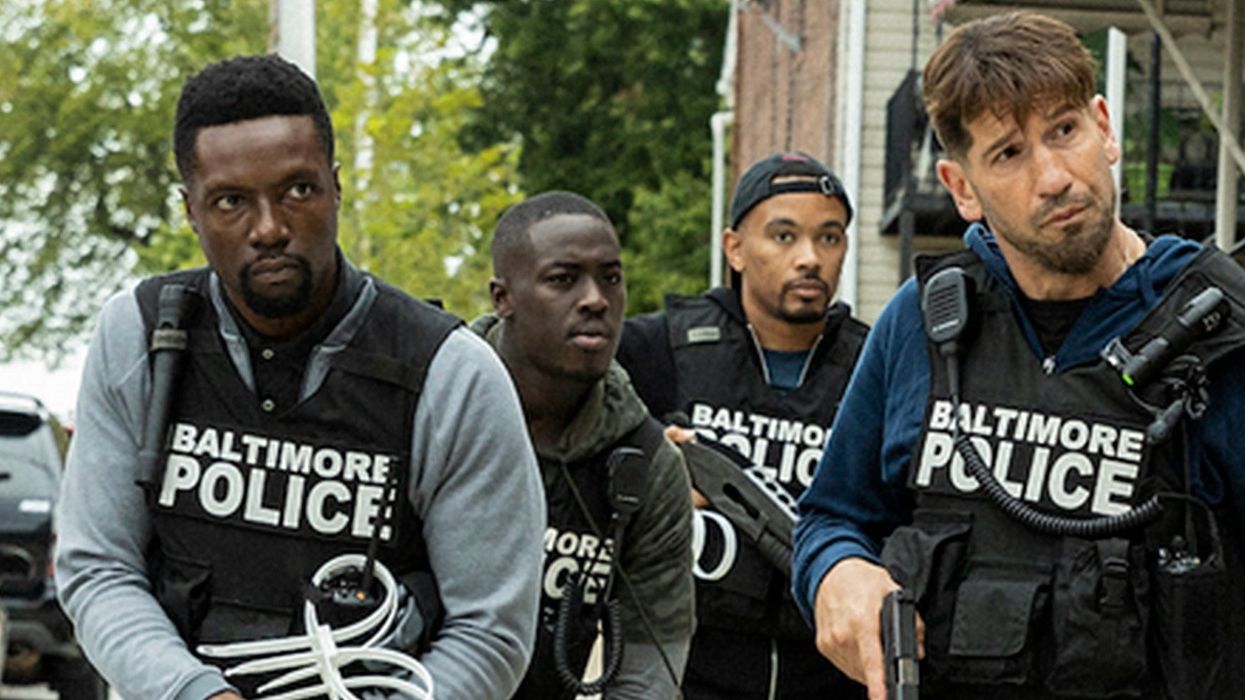The 3 Things Your Screenplay Is Missing in Act One (and How to Find Them)
They call Act One the setup. But you might miss these payoffs.

When you're writing your screenplay, there are a lot of beats you have to try to remember. When you break them down over acts, it can seem a little less complicated.
The three acts are a way to view a story that goes all the way back to ancient Greece, and they inform all kinds of storytelling in film and television. It was Aristotle's theory that a drama should have a beginning, a middle, and an end. Well, with all this theory, sometimes you miss out on actually writing. So I wanted to break down the things I see people missing, because a lot of times it's the same. Even I miss these things, so it's good to review for me, too.
Today, we're going to go over Act One. People call it "the setup," but I think there's much more to it. Act One also needs a lot of payoffs. So let's dive into the three things I think you're missing in Act One and go from there.
The 3 Things Your Screenplay Is Missing in Act One
1. An actual character failure
When you're working on your character arcs for the movie or the TV episode, you want to give us some of their days in Act One. We want to know what makes them tick, and what an average outing would be for them.
But when you're doing all this, make sure we also see them fail. We need to see them really mess something up or not be able to get something. Too many times, novice writers don't go hard enough on our characters, so we never really know what we're rooting for when they change. Give us that low point and we'll root for them to go on the adventure to overcome it or succumb to it.
2. Wallowing moment
Hand in hand with the note above, we need to see how this low moment affects them. So many writers just skip from the low moment to them wanting to change that we miss out of the weight of the situation. If you let a character wallow and show how it affects them. This is your chance to write some nice character scenes, too.
Did this affect their mood? Their other relationships? How and why? Let them wallow, and we'll be there when it's time to rise.
3. The exact reason we move into Act Two
You can see I've been covering distinct moments. And the reason is that many people, in an early draft, just write for vibes. What I mean by that is they are so focused on living in emotions that they don't have actual moments where we see something change.
Like, what's the moment where enough is enough? It's not just the low moment, it's got to be an exact reason to go through with the story. Things cannot change on a dime, they have to naturally progress via a solid reason.
Once you can pinpoint that, you know you're ready to write Act Two.
Can you think of some examples of these beats? Leave your best ideas in the comments.











